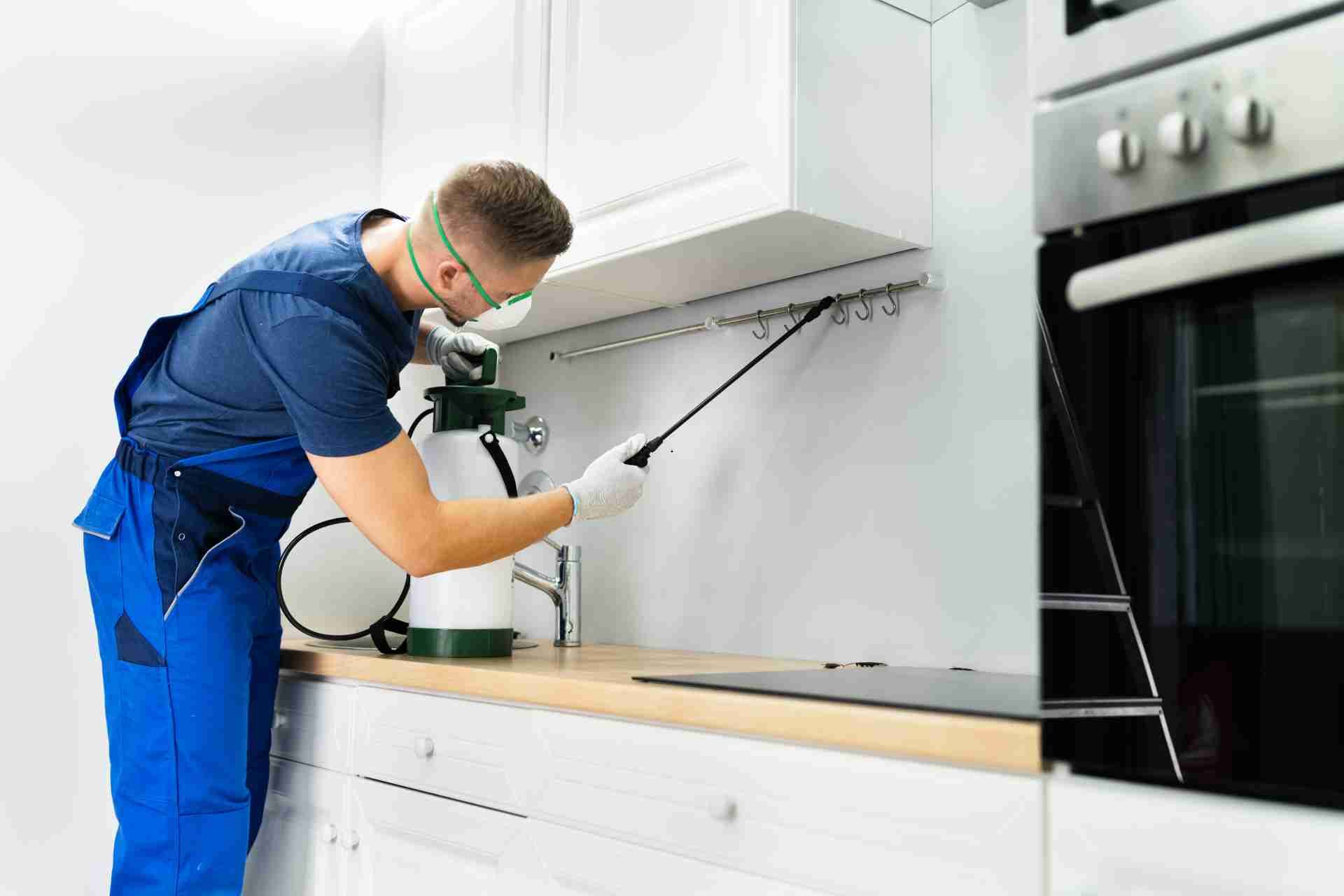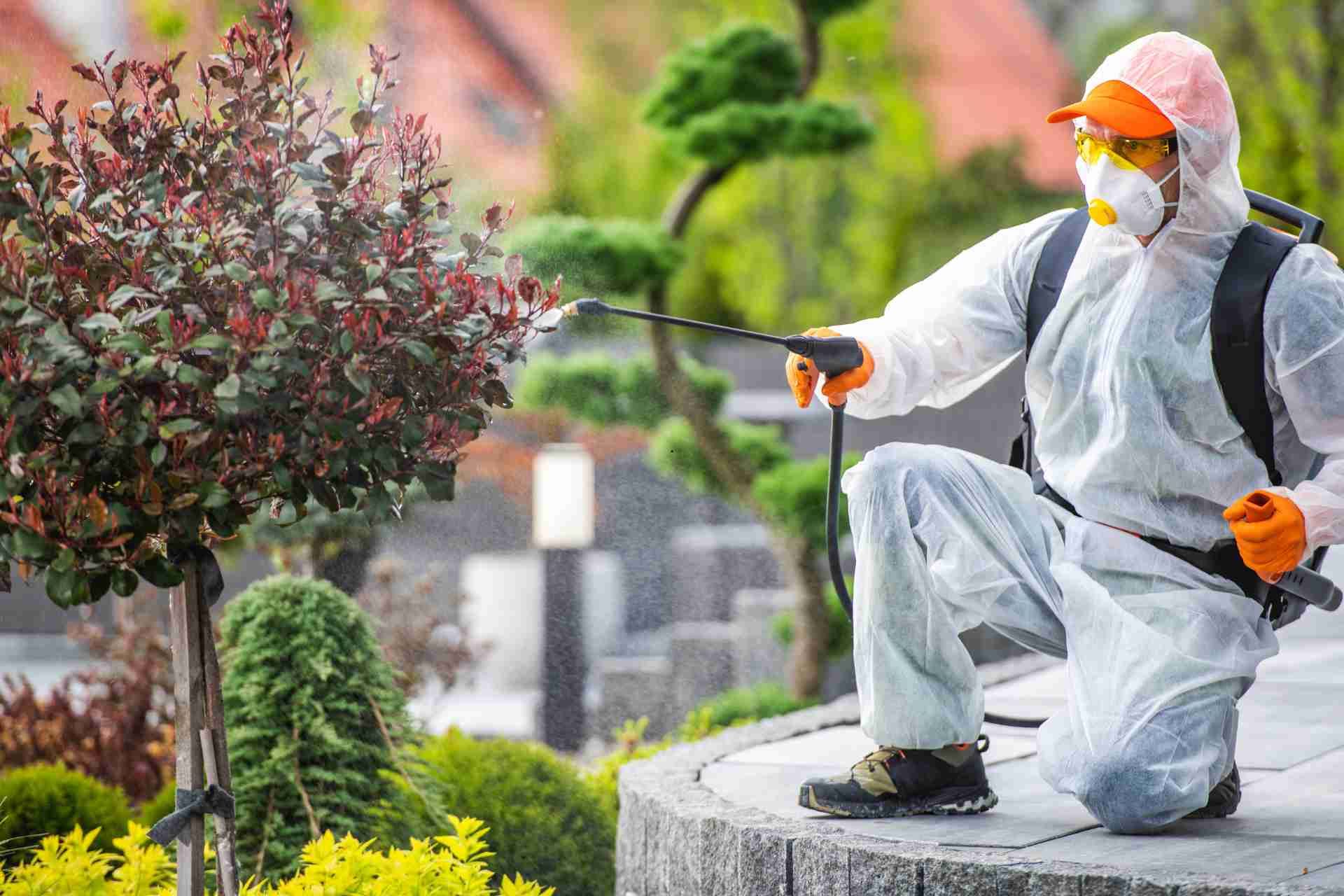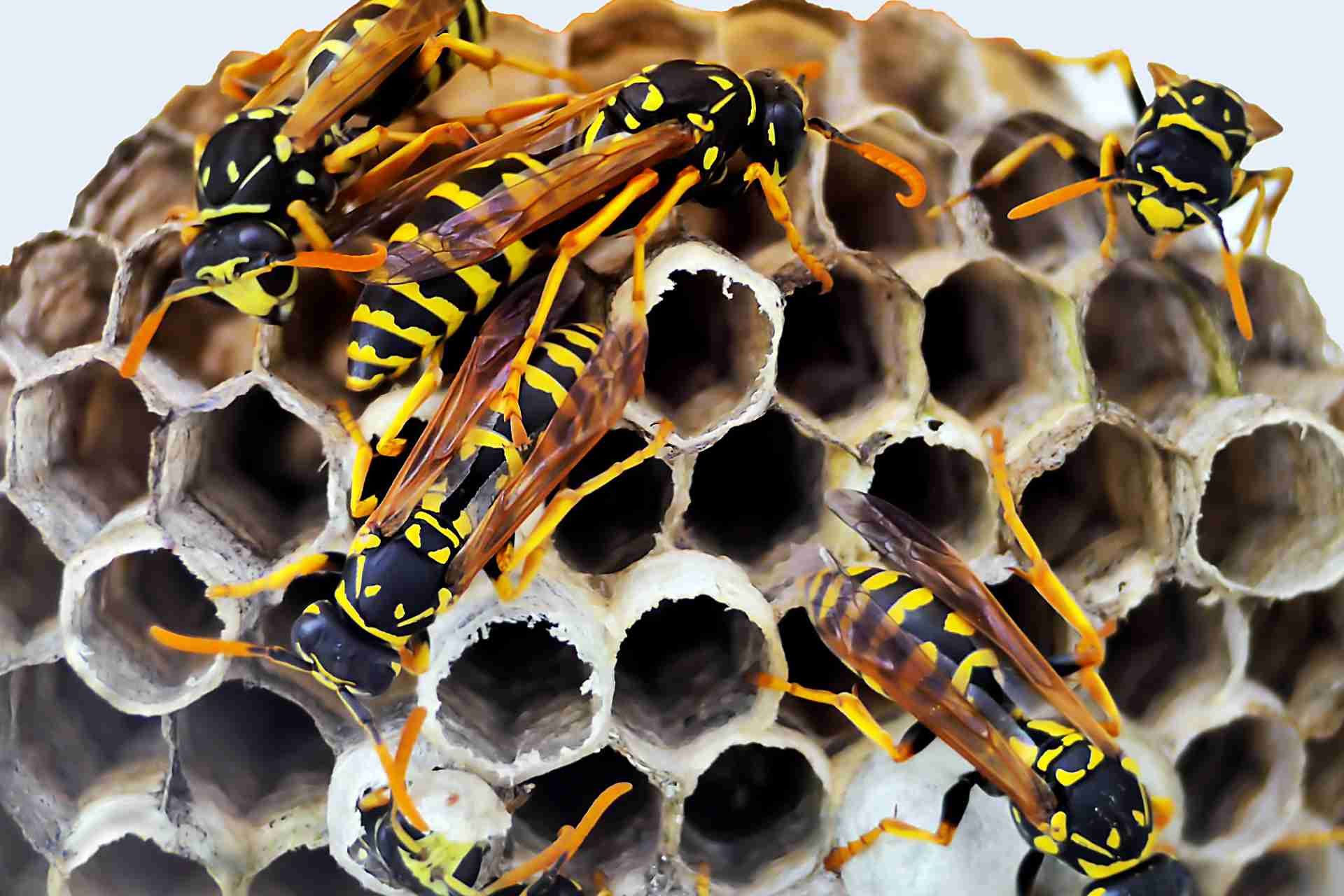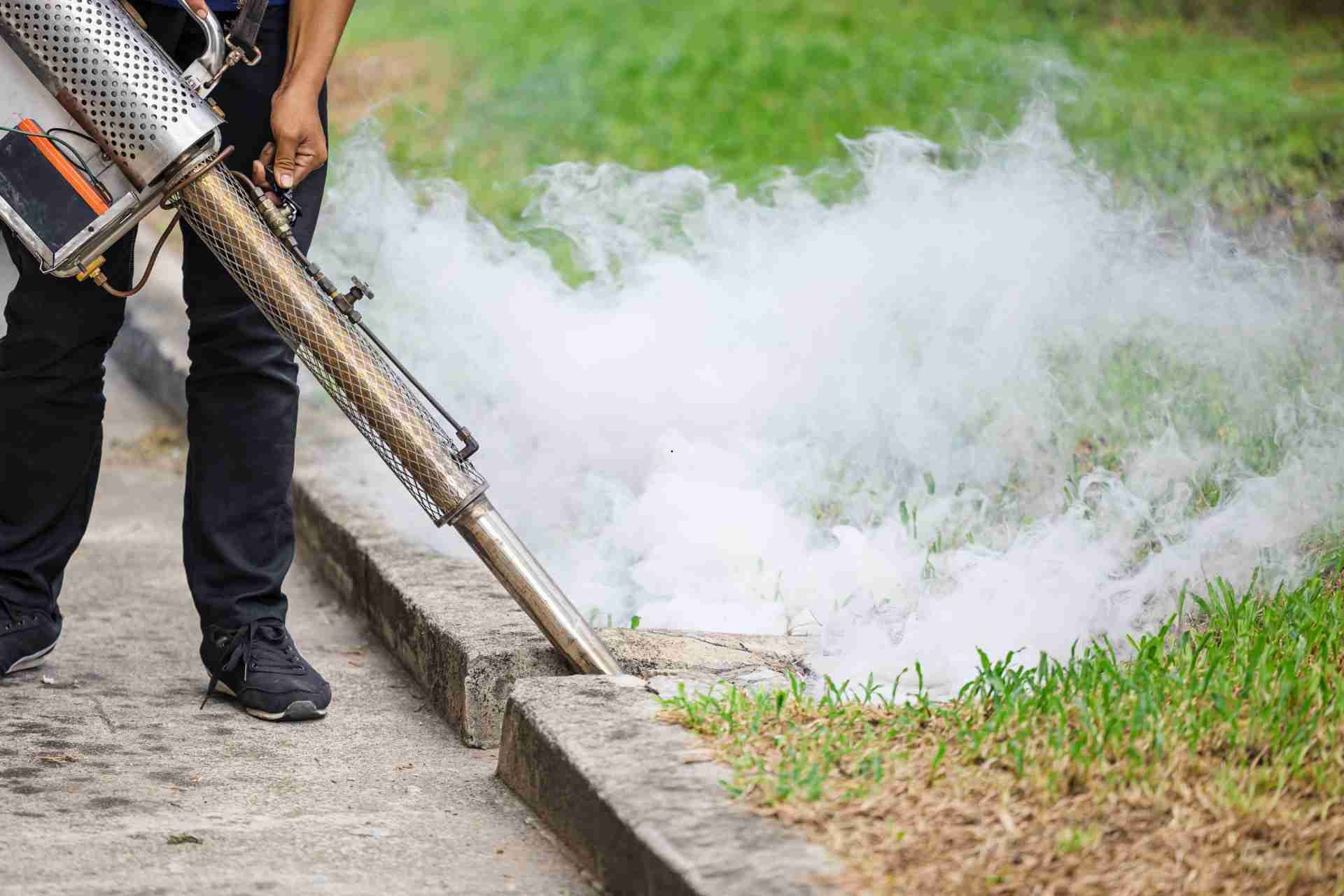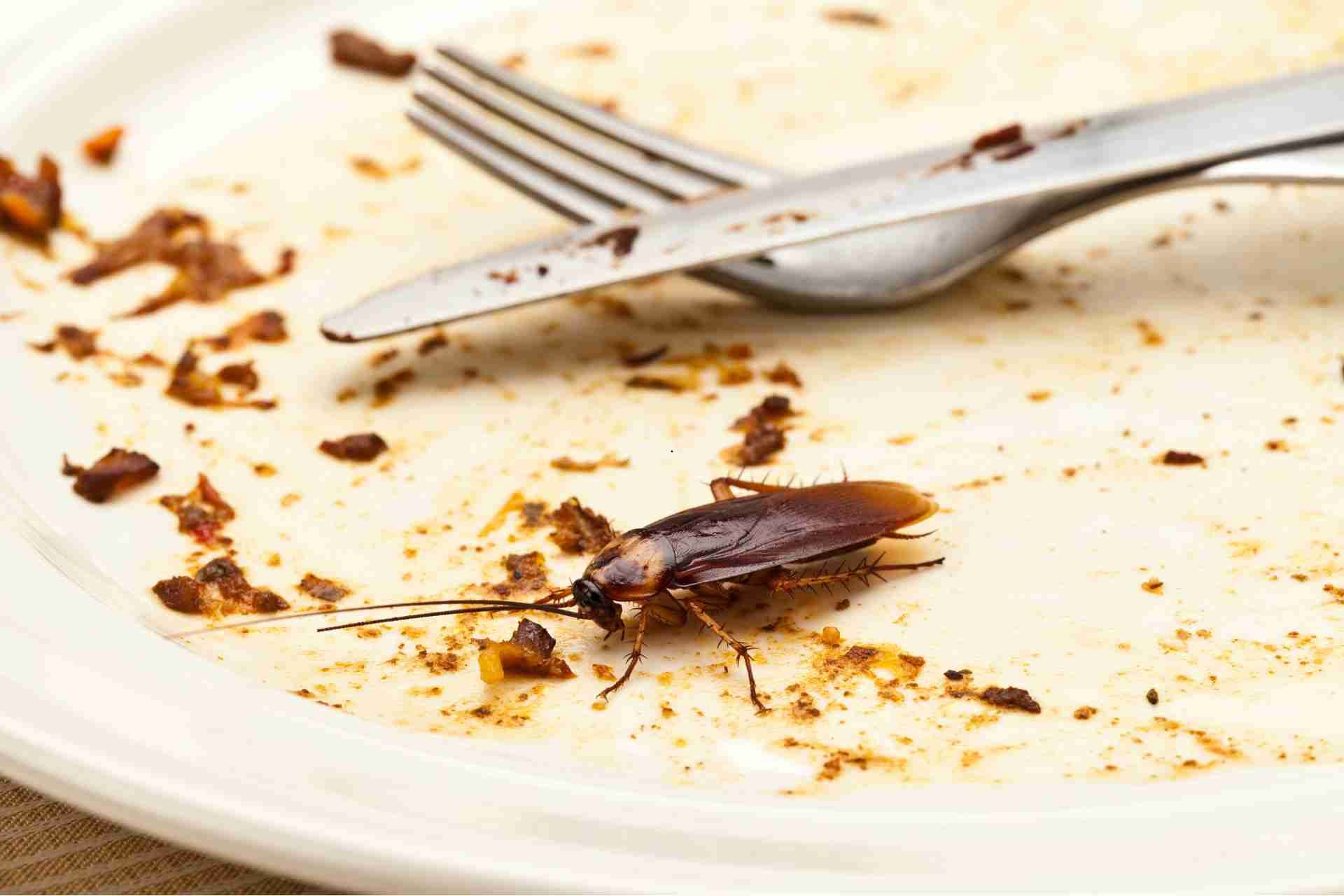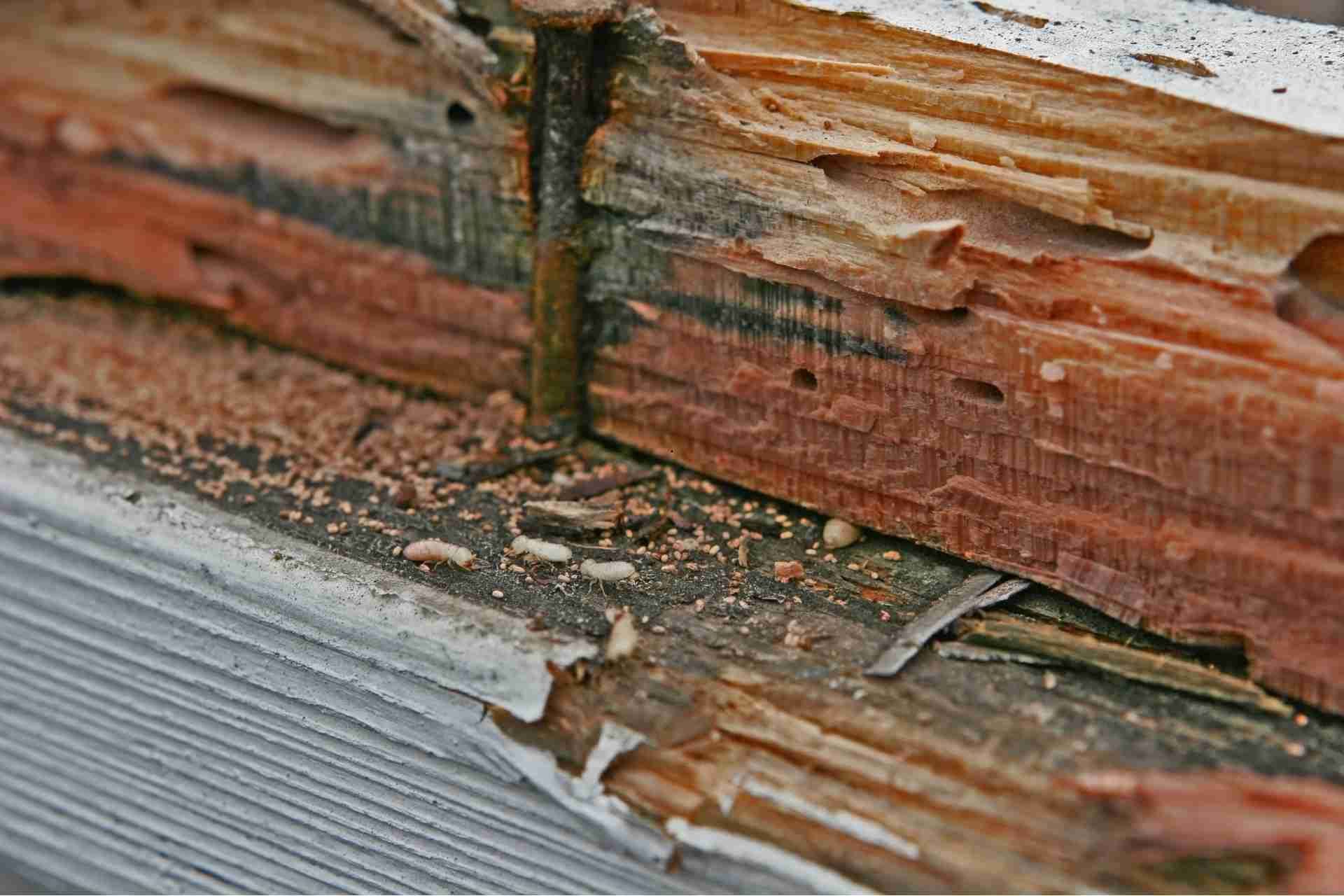Why DIY Pest Control Doesn’t Always Work (And What to Do Instead)
When it comes to DIY pest control, you might think you've got it all figured out. But often, misidentifying the pest or using temporary fixes can lead to bigger problems down the line. Plus, there's always the risk of mishandling chemicals. So, what's the best way to tackle these issues effectively? Understanding the limitations of DIY methods is just the start of finding a more reliable solution.
The Limitations of DIY Pest Control Methods
While DIY pest control methods may seem appealing due to their cost-effectiveness, they often come with significant limitations. You might find that these methods lack the potency of professional treatments, leaving pests unharmed and lingering in your home.
Additionally, many DIY solutions require repeated applications, consuming more time and effort than you anticipated. There's also the risk of using incorrect products, which can't only be ineffective but may also pose health hazards to you and your family.
Moreover, without expert knowledge, you could misjudge the severity of an infestation, leading to further complications. Ultimately, while DIY approaches can be tempting, they often fail to provide the long-term solutions you need for serious pest problems.
Misidentifying the Pest Problem
Misidentifying the pest problem can lead to wasted time, effort, and resources when you attempt DIY pest control. You might think you're dealing with one type of pest, only to realize later that it's something entirely different.
For instance, mistaking bed bug bites for flea bites can result in using ineffective treatments. This misidentification can prolong your infestation and make it harder to eliminate the actual pests.
To avoid this pitfall, take the time to research and accurately identify the pest. Look for signs like droppings, nesting materials, or specific damage they cause.
If you're unsure, consider consulting with a pest control professional who can help pinpoint the issue. Getting it right the first time saves you hassle and money in the long run.
Incomplete Solutions and Temporary Fixes
If you only apply a quick fix to your pest problem, you're likely setting yourself up for future headaches.
Many DIY solutions tackle the visible signs of pests but ignore the root cause. For instance, spraying insecticide may kill some bugs, but it doesn’t address why they entered your home in the first place.
You might find yourself in a cycle of temporary relief, only to see pests return soon after. Additionally, without a comprehensive approach, you're missing out on preventive measures that could keep pests at bay long-term.
Instead of chasing quick fixes, consider investing time in thorough inspections and proper treatments that eliminate the problem entirely, ensuring you won’t have to deal with the same issue repeatedly.
Risk of Chemical Misuse and Safety Concerns
When you decide to tackle pest control on your own, the risk of chemical misuse and safety concerns can easily arise. You mightn't fully understand the product labels, which can lead to incorrect application. Using too much can harm your home environment, pets, or even yourself.
Additionally, mixing chemicals without proper knowledge can create dangerous reactions. It's crucial to remember that safety equipment, like gloves and masks, is often necessary but sometimes overlooked.
If you accidentally spill or mishandle a chemical, the consequences can be severe. A single misstep can expose you and your family to harmful toxins. To mitigate these risks, consider researching proper techniques and safety measures before diving into DIY pest control.
The Importance of Professional Expertise
While you might feel confident in your ability to handle pest control on your own, the expertise of professionals can make a significant difference in effectively managing infestations. Professionals bring extensive knowledge of pest behavior, biology, and advanced treatment methods that you may not have access to.
Here’s a quick comparison of DIY vs professional pest control:
DIY Pest Control Professional Pest Control
|-------------------------|-----------------------------|
Limited expertise In-depth knowledge
Often trial and error Proven strategies
Basic treatment options Advanced techniques
Time-consuming Efficient and timely
Potential for harm Safe practices prioritized
Choosing professionals ensures a thorough approach, reducing the chances of recurrence and protecting your home effectively.
Effective Alternatives to DIY Pest Management
Although DIY pest management can be tempting, there are effective alternatives that can save you time and stress. Hiring a professional pest control service is one of the best options.
These experts have the knowledge, experience, and tools to tackle infestations safely and effectively. They can identify specific pests and implement targeted treatments that DIY methods often miss.
Another alternative is using eco-friendly pest control products. These options can be less harmful to your home and the environment while still being effective.
You might also consider preventative measures, such as sealing entry points and maintaining cleanliness. This way, you reduce the likelihood of pests returning.
Ultimately, investing in professional help or quality products can provide lasting solutions you can trust.
Conclusion
In conclusion, while DIY pest control might seem like a quick fix, it often leads to more problems than solutions. Misidentifying pests, relying on temporary fixes, and risking chemical misuse can harm your home and family. Instead, consider consulting professionals who can accurately identify the issue and provide safe, effective treatments. By choosing expert help, you’ll ensure lasting protection against pests, giving you peace of mind and a pest-free environment.

